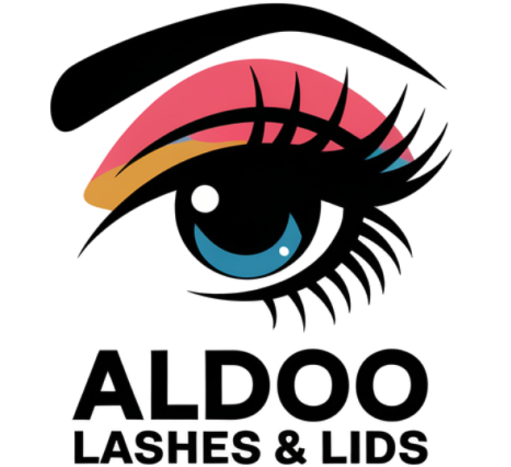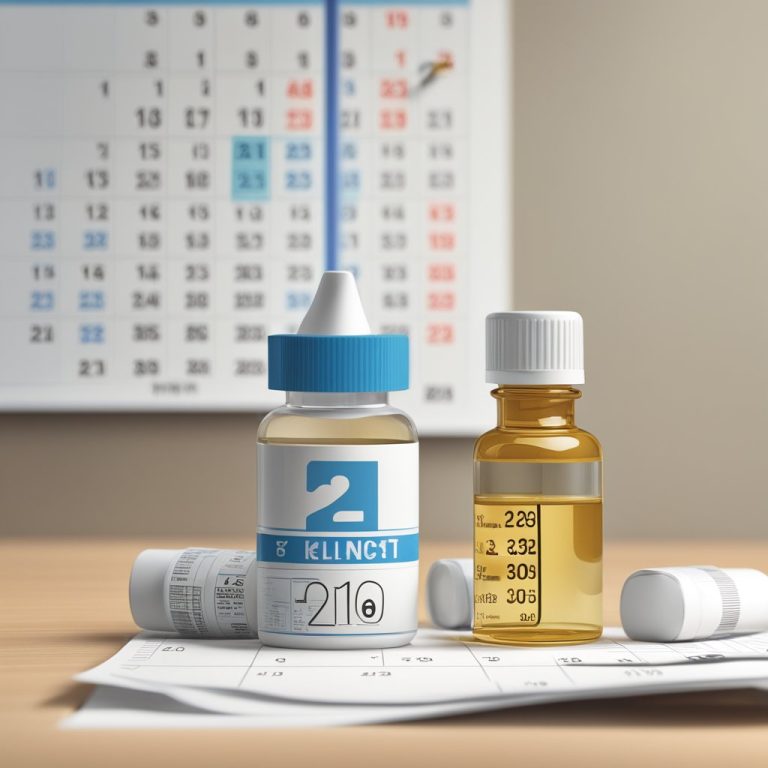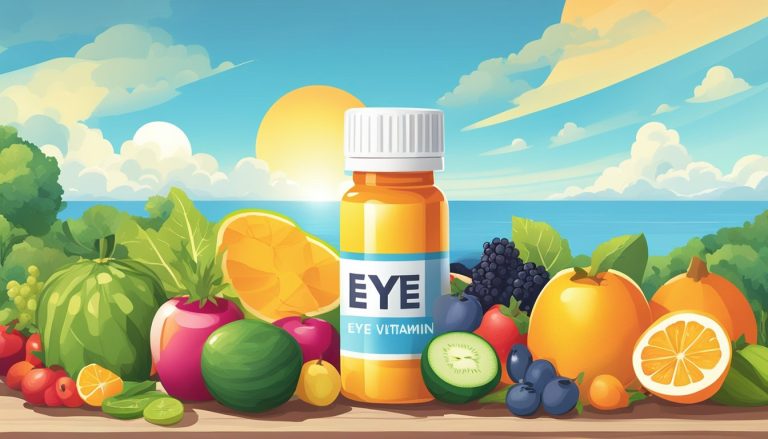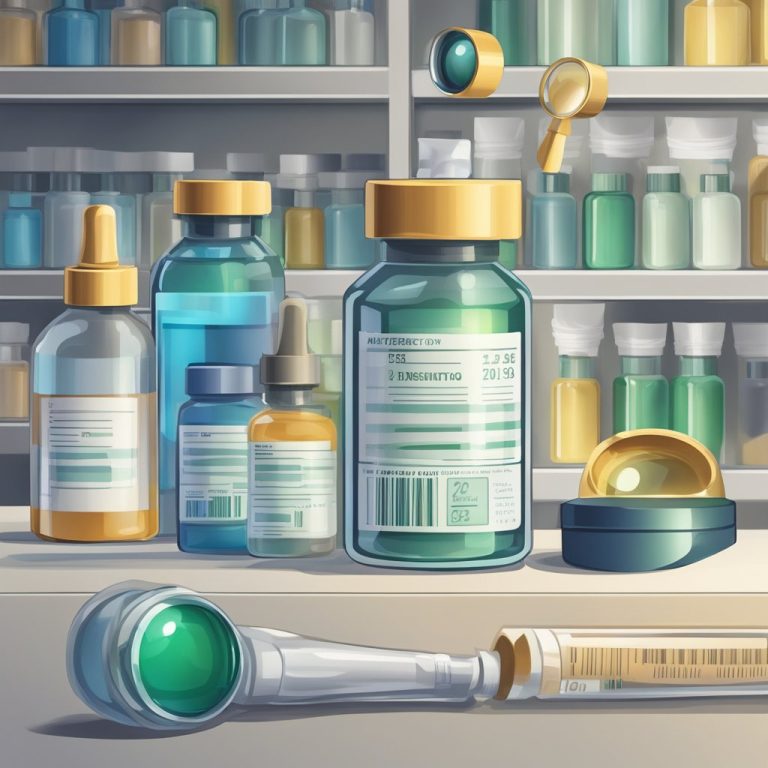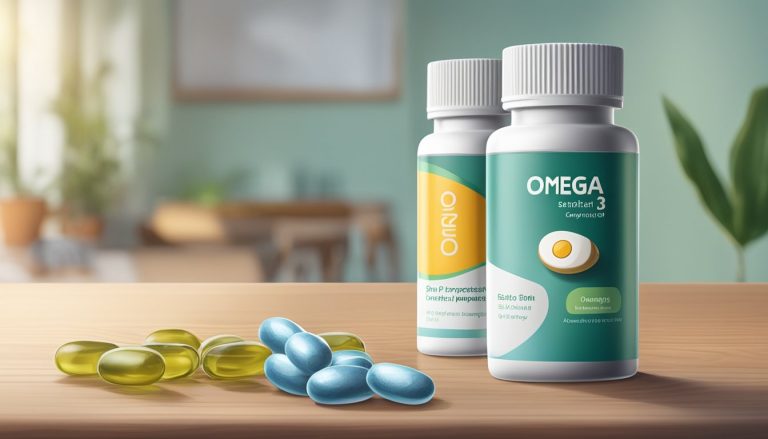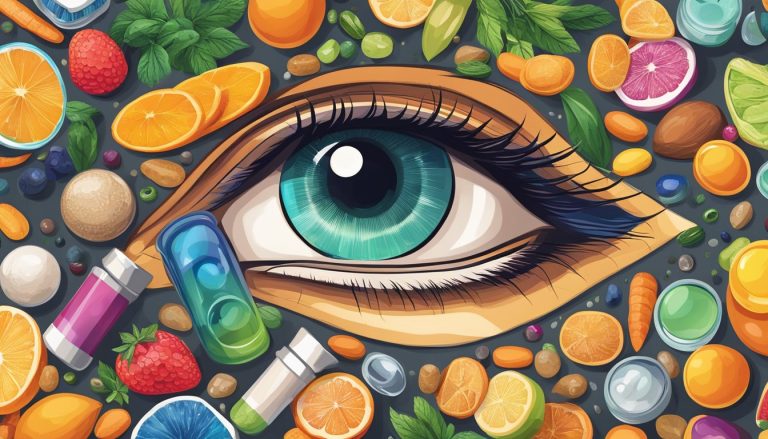Vitamins Required for Healthy Eyes
Vitamins Required for Healthy Eyes

Maintaining good eye health is essential for your overall well-being. However, many people are unaware of the specific vitamins required to maintain healthy eyes. In this article, you will learn about the essential vitamins that are required for healthy eyes, their nutritional sources, and whether you need to supplement your diet with these vitamins.
Vitamins play a crucial role in maintaining healthy eyesight. They help prevent eye diseases, reduce the risk of vision loss, and improve overall eye health. Some of the essential vitamins for eye health include Vitamin A, Vitamin C, Vitamin E, and the B-complex vitamins. These vitamins are antioxidants and help protect the eyes from damage caused by free radicals.
To ensure that your body gets the vitamins it needs, you need to eat a balanced diet that includes a variety of fruits, vegetables, whole grains, and lean proteins. Additionally, you may need to supplement your diet with vitamins if you’re not getting enough through your diet alone. Now, let’s take a closer look at the essential vitamins for eye health and their nutritional sources.
Key Takeaways
- Maintaining good eye health is essential for your overall well-being.
- Essential vitamins for eye health include Vitamin A, Vitamin C, Vitamin E, and the B-complex vitamins.
- Eating a balanced diet that includes a variety of fruits, vegetables, whole grains, and lean proteins is crucial for getting the vitamins you need.
Essential Vitamins for Eye Health
Taking care of your eyes is crucial for maintaining good vision, especially as you age. One way to support your eye health is by ensuring you get enough of the essential vitamins that your eyes require. Here are some of the most important vitamins for eye health:
Vitamin A and Beta-Carotene
Vitamin A is essential for maintaining good vision, particularly in low light conditions. It also helps keep your eyes moist and prevents dryness. Meanwhile, beta-carotene, which is found in many orange and yellow fruits and vegetables, is converted to vitamin A in your body. Eating foods like carrots and sweet potatoes can help you get more of this important nutrient.
B Vitamins and Eye Health
B vitamins play a vital role in maintaining eye health. Niacin and riboflavin, in particular, are important for preventing age-related macular degeneration (AMD). Vitamin B12 is also essential for maintaining healthy optic nerve function. Eating foods like eggs, dairy products, and leafy green vegetables can help you get more of these important vitamins.
Vitamin C and Antioxidant Protection
Vitamin C is a powerful antioxidant that helps protect your eyes from damage caused by free radicals. It also helps your body absorb iron, which is important for maintaining healthy blood vessels in your eyes. Eating citrus fruits and other fruits and vegetables high in vitamin C can help you get more of this important nutrient.
Vitamin E and Ocular Support
Vitamin E is another antioxidant that helps protect your eyes from damage caused by free radicals. It also supports healthy blood flow to your eyes and helps prevent cataracts. Eating nuts and seeds like almonds and sunflower seeds can help you get more of this important nutrient.
Nutritional Sources and Supplementation
Maintaining proper eye health requires a balanced diet that includes essential vitamins, minerals, and fatty acids. While it is possible to get these nutrients through whole foods, some people may benefit from supplementation. In this section, we will explore the benefits of whole foods vs. supplements, the importance of omega-3 fatty acids, and the role of minerals in eye function.
Whole Foods vs. Supplements
While it is important to get most of your nutrients from whole foods, supplements can be a helpful addition to your diet. Supplements can be particularly helpful if you have a condition that affects your ability to absorb nutrients, such as Crohn’s disease or celiac disease. However, make sure to speak with your doctor before taking any supplements.
Omega-3 Fatty Acids and Eye Health
Omega-3 fatty acids are essential for maintaining healthy eyes. These fatty acids help to reduce inflammation, which can help to prevent diseases such as macular degeneration and dry eye disease. Some of the best sources of omega-3s include fatty fish such as salmon, as well as flaxseed and chia seeds.
Minerals and Eye Function
Minerals such as zinc, lutein, and zeaxanthin are also important for maintaining healthy eyes. Zinc helps to protect the retina and is found in foods such as oysters, beef, and pumpkin seeds. Meanwhile, lutein and zeaxanthin are carotenoids that help to protect the eyes from harmful blue light and reduce the risk of macular degeneration. You can find these carotenoids in leafy green vegetables such as kale and spinach, as well as in other foods such as eggs.
Frequently Asked Questions
What foods are high in Vitamin A for improving eye health?
Vitamin A is essential for maintaining healthy eyesight. You can find it in various foods such as sweet potatoes, carrots, spinach, kale, and liver. Consuming these foods regularly can help improve your vision and reduce the risk of eye diseases.
Which vitamins are essential for reducing the risk of vision loss?
Vitamins C and E, as well as zinc and copper, are essential for reducing the risk of vision loss. These vitamins and minerals work together to protect the eyes from damage caused by free radicals, which can lead to age-related macular degeneration and other eye diseases.
What are the best vitamins to take for preventing blurry vision?
Vitamin B12 and folic acid are essential for preventing blurry vision. These vitamins help maintain healthy blood vessels in the eyes, which can reduce the risk of eye diseases and improve vision.
How can vitamins help with eye floaters?
Vitamins C and E, as well as omega-3 fatty acids, can help reduce the occurrence of eye floaters. These vitamins and minerals help maintain healthy blood vessels in the eyes, which can reduce the risk of eye diseases and improve vision.
Are there specific eye supplements recommended for adults to enhance vision?
Yes, there are many eye supplements available that can help enhance vision. Some of the most popular supplements include lutein, zeaxanthin, and astaxanthin. These supplements are rich in antioxidants that can help protect the eyes from damage caused by free radicals.
Can vitamin deficiencies lead to eye health issues, and which vitamins are crucial to prevent this?
Yes, vitamin deficiencies can lead to eye health issues. Vitamin A, vitamin C, vitamin E, and zinc are crucial for maintaining healthy eyesight.
Consuming a diet rich in these vitamins and minerals can help prevent eye diseases and improve vision.
